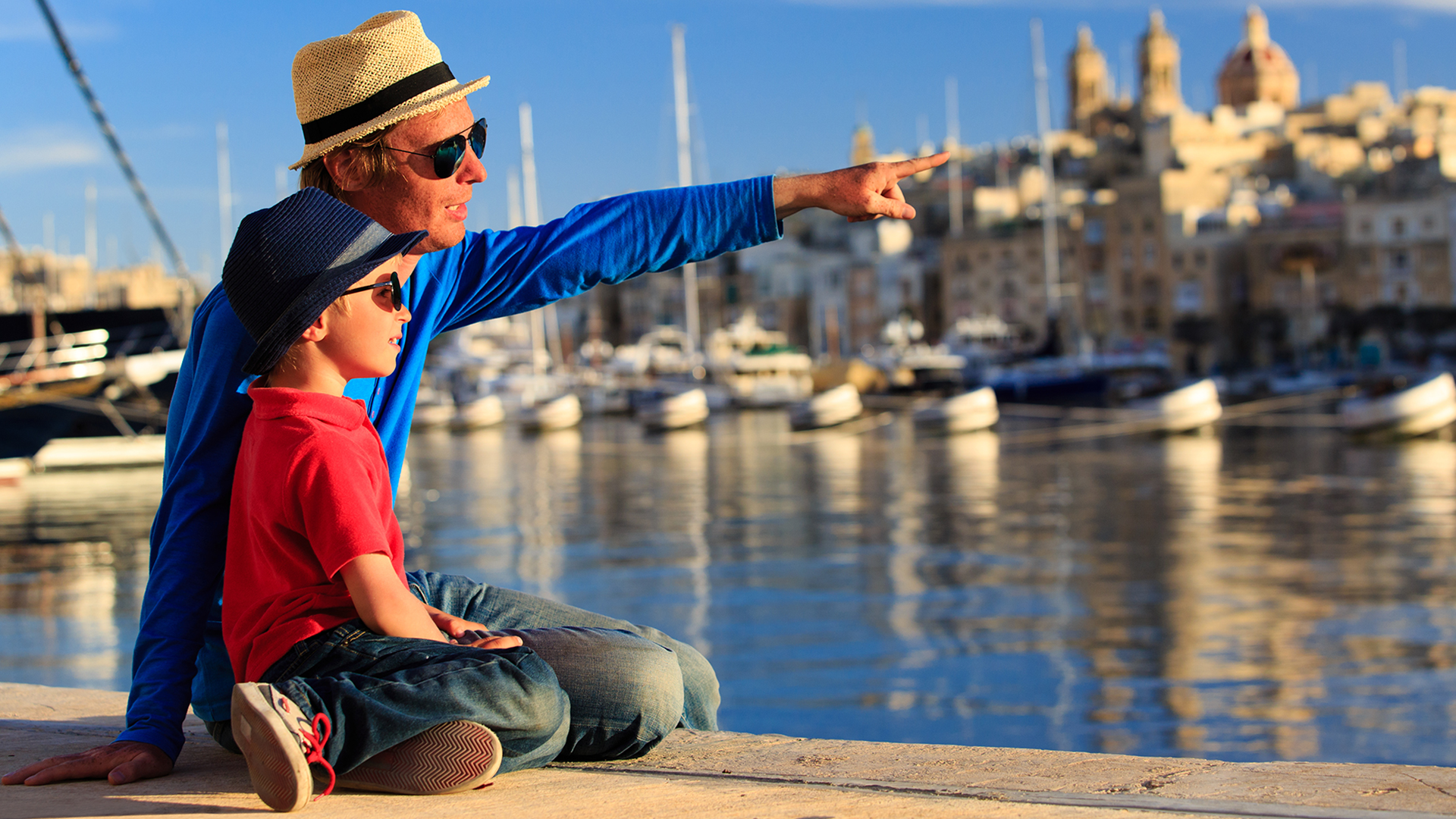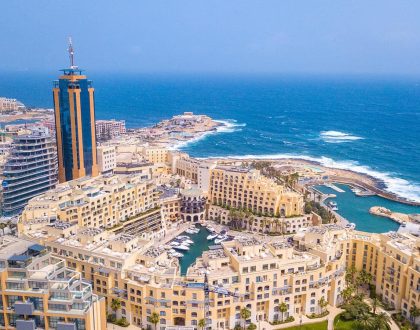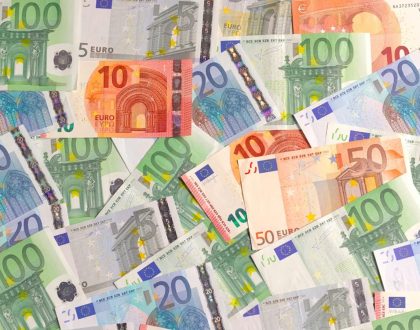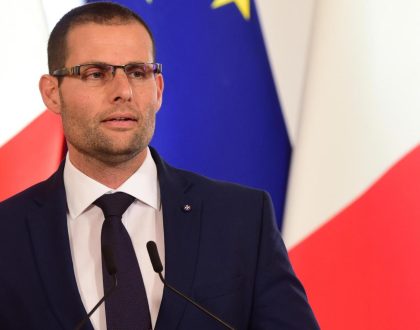Malta’s Image for Quality Tourism

In a recent statement released by The Malta Chamber of Commerce, the spotlight was cast on the pressing need to address and rebuild Malta’s image, particularly within the tourism sector. The statement’s essence emerged in response to a recent article by the British tabloid “The Sun,” which portrayed Malta as a haven for young vacationers in search of “good food, cheap booze, and legal weed.”
When a nation’s identity becomes entwined with such perceptions, a genuine problem arises. Correcting this image lies within the jurisdiction of the government, a responsibility that cannot be understated.
The chamber underscored how this skewed image detrimentally affects more auspicious avenues of tourism. In the face of this predicament, the question arises: Would we, the residents, prefer to be known to the world for this particular aspect, or would we rather showcase our island as a repository of rich history, replete with remarkable sites and captivating museums? The possibility of balancing both identities lingers, yet the inquiry remains: Would families genuinely favor a vacation on a party-oriented island over the plethora of other European options? Moreover, would travelers drawn to our historical treasures still be inclined to visit if Malta’s image transforms into one synonymous with indulgence in cheap alcohol and legal cannabis? While this might hold allure for certain tourists, it would invariably repel others.
Another critical concern raised by the Chamber pertains to the actual economic impact of the influx of tourists. Although the numerical count of visitors to the Maltese archipelago might have surged, their actual spending power, in real terms, has experienced a decline. This reality underscores the Chamber’s consistent advocacy for a shift in priorities—favoring quality over sheer numbers—and for highlighting Malta’s exceptional cultural, heritage, and historical attributes. Realizing this aspiration necessitates endeavors that transcend the realms of marketing and public relations strategies. Parameters such as waste management, cleanliness, infrastructure, law enforcement, environmental conservation, energy sustainability, and traffic management are just a few among the numerous facets requiring substantial investment to captivate tourists in search of enriching experiences.
The Chamber’s statement advocates for swift action from the authorities to reinvigorate Malta’s standing as a destination that beckons those seeking quality encounters. It emphasizes that safeguarding the nation’s innate allure should invariably surpass the fleeting temptation of morphing into a mere party destination.
Delving into the topic of numerical augmentation, a study conducted by the Malta Hotels and Restaurants Association in the previous year illuminated the predicament that Malta would need to host a staggering 4.7 million tourists to adequately accommodate the projected growth in hotel establishments. Alas, this model doesn’t align with the sustainability of a nation of Malta’s dimensions.
Ensuring a steady stream of visitors throughout the year, transcending the summer months, undeniably represents a paramount objective in overcoming seasonality. Yet, fundamentally, the goal should involve positioning Malta as a magnet for tourists wielding substantial disposable income. Such an approach would alleviate the necessity to draw in a massive influx of tourists to maintain and elevate the vitality of the tourism sector. Obsessive fixation on sheer numbers would invariably lead to escalated construction projects, overpopulated beaches, and heightened strain on the nation’s infrastructure.
However, if the ambition is to leapfrog forward, the country must offer a comprehensive tourism package. This entails well-maintained roads and sidewalks, scrupulous enforcement of regulations, pristine beaches, reduced traffic congestion, and a transformation of Malta’s landscape from its present construction-laden appearance. While construction sites are inevitable, enhancing the screening process could contribute to minimizing their visual impact.
A glaring example of these challenges is the prevailing waste issue, which has garnered significant media attention. The inadequacy of response from the authorities begs the question: What concrete measures have been undertaken to address this problem? Numerous mayors, representing tourism hotspots, have vocalized the gravity of this situation, underscoring its severity.
As Malta stands at the crossroads of its tourism future, the clarion call of the Chamber for a paradigm shift toward quality tourism resonates profoundly. The urgency for the government’s proactive engagement is inescapable. Malta’s identity, legacy, and economic prosperity are at stake. The path forward is clear: Reimagine Malta’s image, promote its authentic cultural heritage, and manifest a commitment to delivering experiences that transcend transient revelry.
Frequently Asked Questions (FAQs)
What prompted The Malta Chamber of Commerce’s recent statement about Malta’s tourism sector?
The statement was prompted by a recent article in the British tabloid “The Sun” that portrayed Malta as a destination for young holidaymakers seeking “good food, cheap booze, and legal weed.” This depiction raised concerns about Malta’s image and its potential impact on the tourism sector.
How does Malta’s current image affect its tourism prospects?
Malta’s current image as a party-oriented destination with a focus on cheap indulgences can undermine the nation’s appeal to a more diverse range of tourists, including those interested in its rich history, cultural heritage, and historical sites.
What is the Malta Chamber of Commerce’s stance on tourism development?
The Chamber advocates for a shift in priorities from sheer numerical influx to a focus on quality experiences. This includes investing in areas such as waste management, cleanliness, environmental preservation, law enforcement, and infrastructure to attract discerning tourists.
What challenges does Malta face in terms of sustainable tourism growth?
One challenge is the need to accommodate a high number of tourists to sustain a growing hotel industry, which may not be sustainable given Malta’s size. Additionally, the seasonal nature of tourism poses a challenge that requires creative solutions to ensure year-round visitation.
How can Malta strike a balance between attracting tourists and preserving its identity?
To strike this balance, Malta must offer a comprehensive tourism product that includes well-maintained infrastructure, pristine beaches, and a commitment to enforcing laws and regulations. The goal is to attract tourists with a high spending power while preserving the nation’s unique cultural heritage.
Recommended Posts

Malta’s SMEs Concerns Over Economy
October 27, 2023

Malta – €52 Million Deficit in 2023
October 27, 2023

Court criticism of Prime Minister
October 26, 2023
